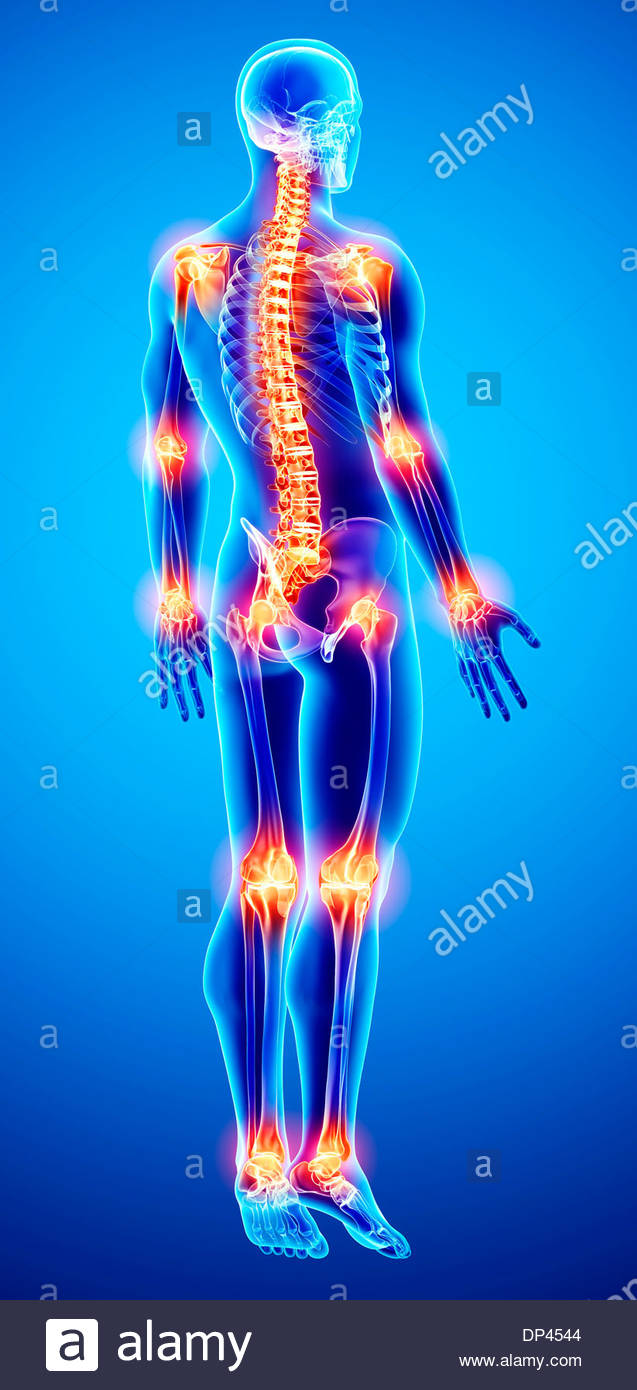Baeugi News Hub
Your source for the latest news and insightful articles.
Joint Pain Got You Down? Time to Get Back Up!
Overcome joint pain and reclaim your active life! Discover tips and solutions that can help you get back on your feet today!
Understanding the Causes of Joint Pain: What You Need to Know
Joint pain is a common ailment that affects millions of people each year, often resulting from a variety of causes. Understanding these causes is crucial for effective management and treatment. One of the primary reasons for joint pain is osteoarthritis, a degenerative joint disease that occurs as cartilage wears down over time. Other conditions that may trigger joint pain include rheumatoid arthritis, an autoimmune disorder, and gout, which results from the buildup of uric acid crystals. Additionally, injuries sustained during physical activity can also lead to pain and inflammation in the joints.
Aside from medical conditions, several lifestyle factors contribute to joint discomfort. For instance, maintaining a sedentary lifestyle can weaken the muscles surrounding the joints, making them more susceptible to injury and pain. Conversely, excessive physical activity without proper conditioning can also lead to joint wear and tear. Other risk factors include obesity, which increases pressure on weight-bearing joints, and age, as the body’s natural ability to repair itself diminishes over time. Identifying the underlying causes of joint pain is essential for developing a targeted treatment plan that addresses both symptoms and root issues.

Top 5 Natural Remedies to Relieve Joint Pain
Joint pain can be a debilitating condition, affecting mobility and quality of life. Fortunately, there are several natural remedies that can help relieve this discomfort. Here are the top five remedies that you can easily incorporate into your routine:
- Turmeric: Known for its anti-inflammatory properties, turmeric contains curcumin, which can help reduce joint pain. Consider incorporating turmeric into your meals or taking it as a supplement.
- Ginger: Similar to turmeric, ginger has anti-inflammatory effects that can alleviate pain. You can consume ginger tea or add fresh ginger to your dishes for a flavorful boost.
- Omega-3 Fatty Acids: Found in fatty fish like salmon and flaxseeds, Omega-3s are known to decrease inflammation in the body, making them beneficial for joint health.
- Epsom Salt Baths: Soaking in warm water with Epsom salt can provide relief from joint pain due to the magnesium it contains, which helps relax muscles and reduce swelling.
- Exercise and Stretching: Gentle exercises and stretching can improve flexibility and strengthen the muscles around the joints, significantly reducing pain over time.
Is Your Joint Pain a Sign of Something More Serious?
Joint pain is a common complaint that many people experience, especially as they age. While it is often attributed to overuse or minor injuries, it can also be a sign of something more serious. Listen to your body: persistent joint pain that does not improve with rest or conventional treatments may warrant further investigation. Conditions like rheumatoid arthritis, osteoarthritis, or even more severe issues like infections can manifest as joint pain. It's crucial to understand the underlying cause, as timely diagnosis and treatment can prevent further complications.
When assessing your joint pain, consider accompanying symptoms that may indicate a more serious condition. These may include swelling, stiffness, or fatigue, and can be indicators of systemic diseases. If you experience any of these symptoms along with joint pain, consult a healthcare professional for a thorough evaluation. Remember, it's better to address potential health issues early, rather than waiting for them to escalate. Taking proactive steps can lead to better treatment outcomes and improved quality of life.